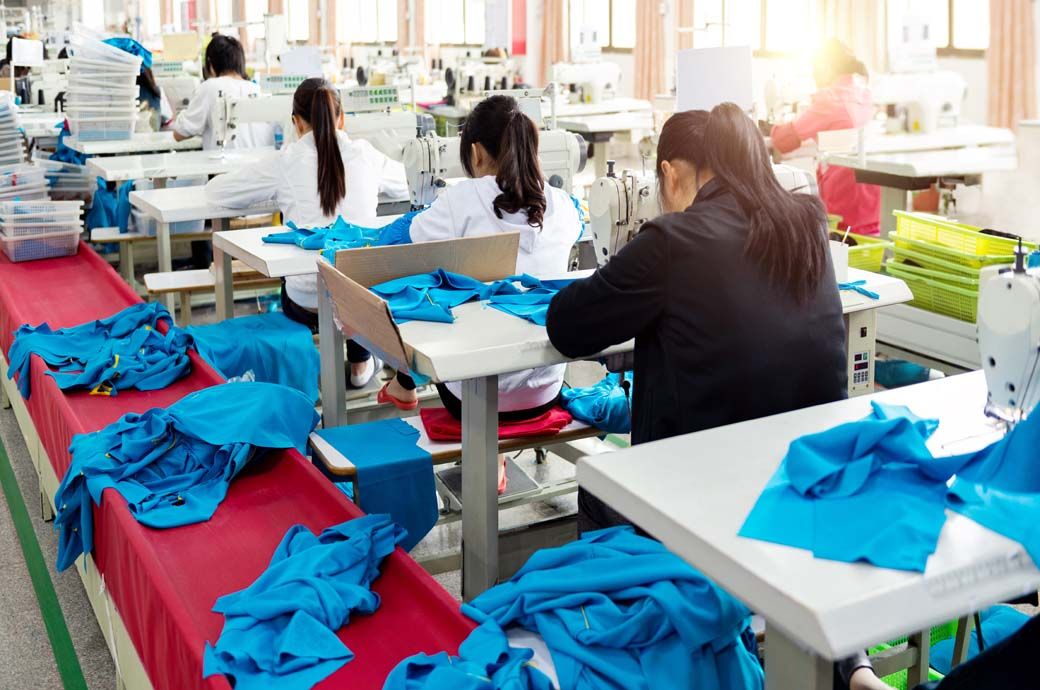
NCTO president and chief executive officer Kimberly T Glas recently testified at a congressional hearing on ‘Exploitation and Enforcement: Evaluating the Department of Homeland Security’s Efforts to Counter Uyghur Forced Labour’.
“Chinese cotton products made with forced labour in Xinjiang, in the most abhorrent conditions, are flooding the global marketplace, making their way both directly and indirectly to the US,” Glas said in her written testimony to the Homeland Security Committee’s subcommittee on oversight, investigations and accountability hearing.
Around 72 per cent of all Chinese cotton products contain Xinjiang cotton, leading to forced labour textiles and apparel leaking into supply chains in the US and our free trade agreement regions, she said.
“As a result, American textile plants have been forced to idle equipment and lay off workers, while some companies have been put out of business entirely,” she said.
“Not only are we failing to stop forced labor trade that Congress explicitly acted to address through the Uyghur Forced Labor Prevention Act (UFLPA), but we are rewarding China with duty-free access under the de minimis provision of our trade law. The de minimis loophole has become a superhighway for illicit goods as a result of ineffective rulemaking and a lack of adequate congressional action and it’s a threat to us all,” Glas said.
Glas urged Congress to get aggressive on oversight of customs enforcement of UFLPA and require customs officials to testify regularly, offer Congress and the public a detailed and robust forward-leaning enforcement plan to crack down on this illegal trade, raise penalties and other deterrent mechanisms, and include measurable benchmarks for enforcement for this sector and beyond.
She also called for closing the de minimis loophole for e-commerce with a legislative fix to address the flood of fentanyl, forced labour goods, and counterfeits, and utilising and expanding the UFLPA Entity List more robustly as a deterrent.
Fibre2Fashion News Desk (DS)